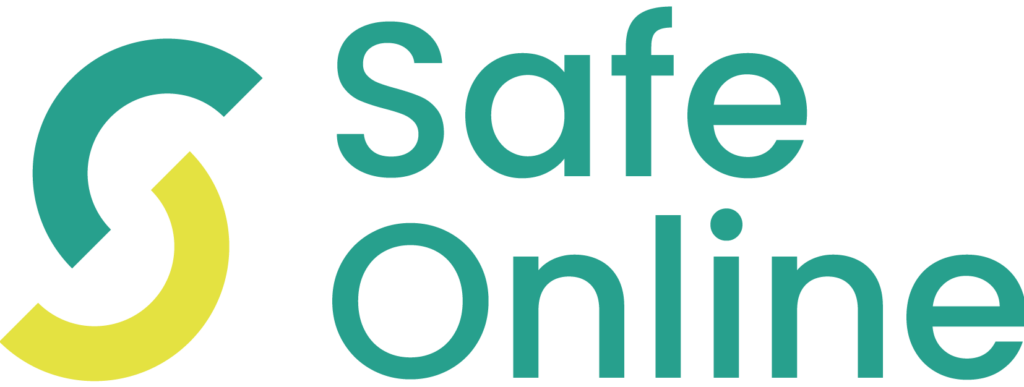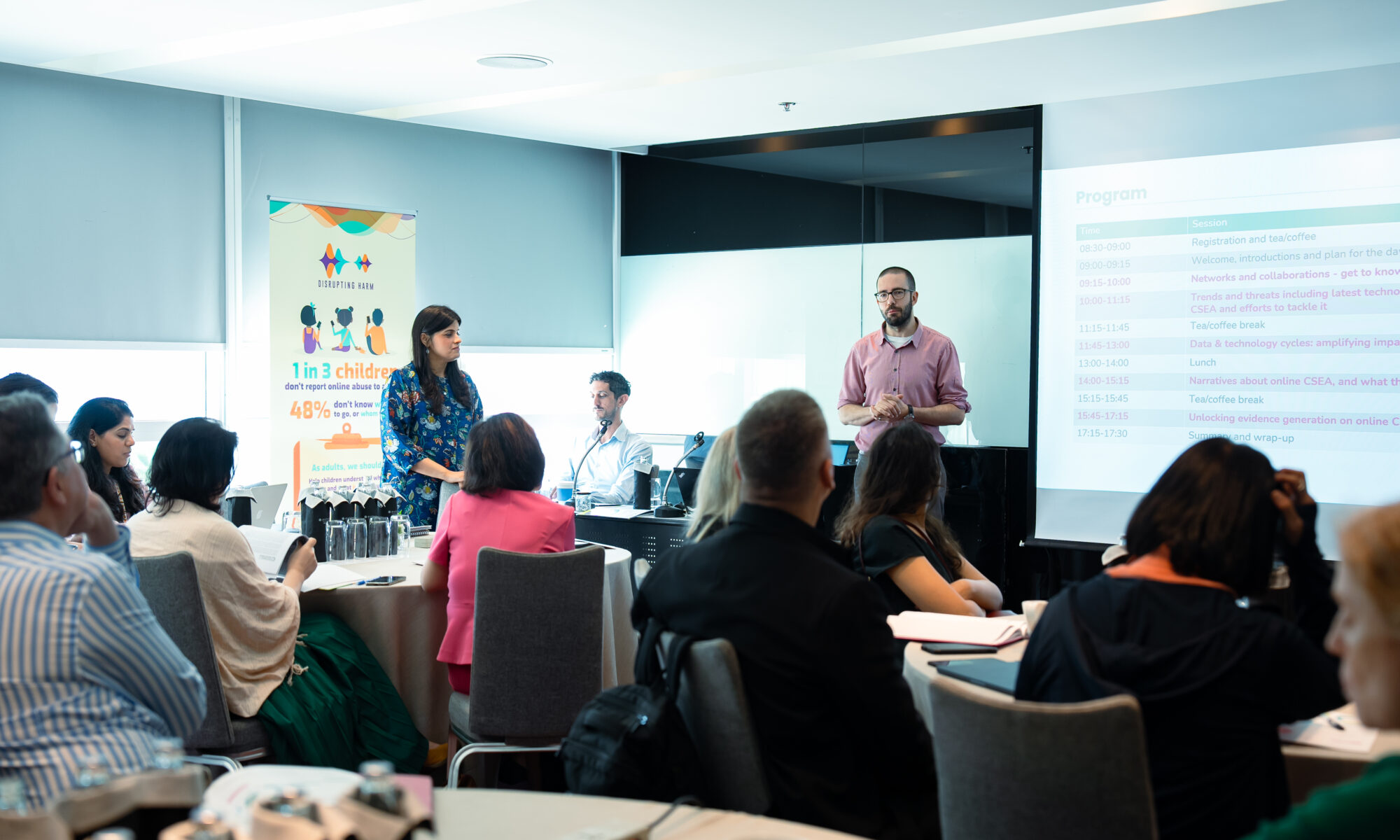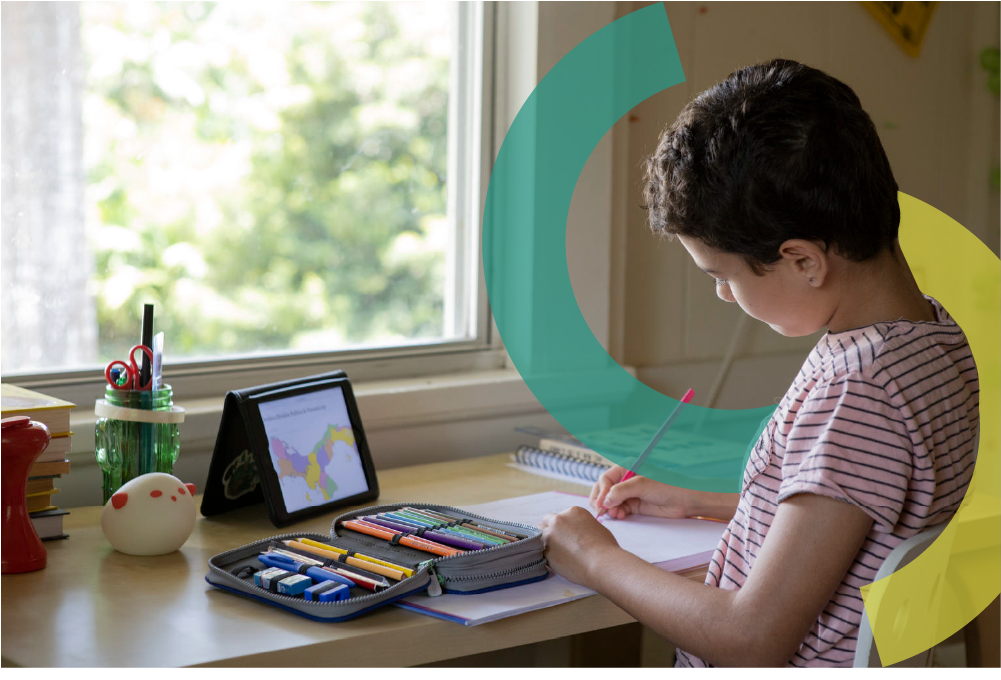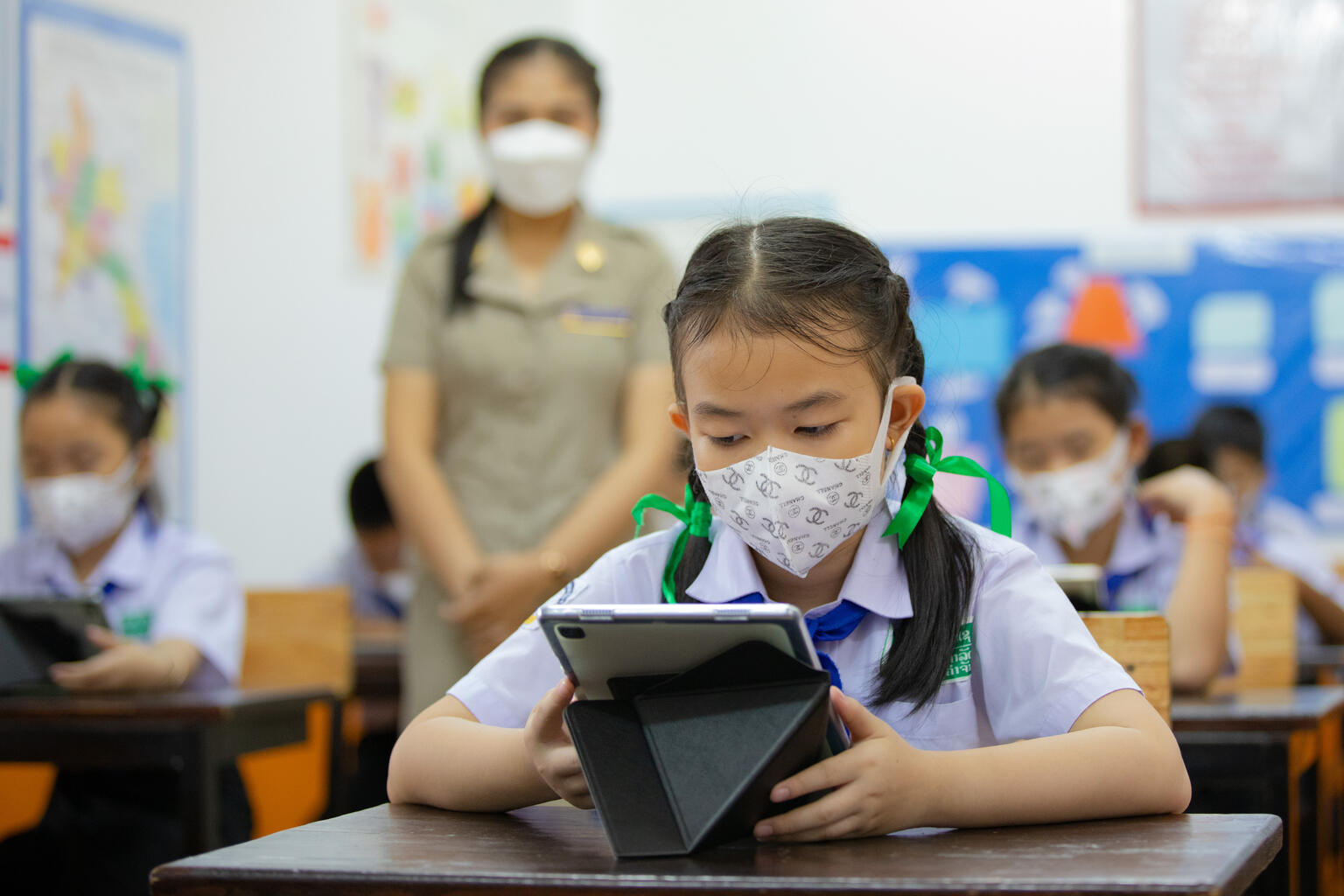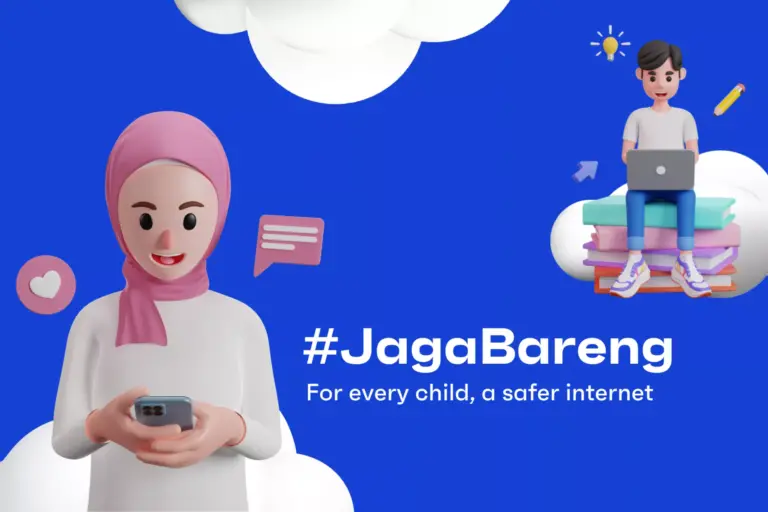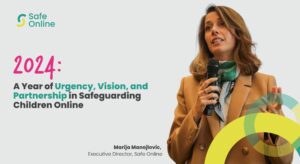A Day of Learning, Networking And Problem-Solving
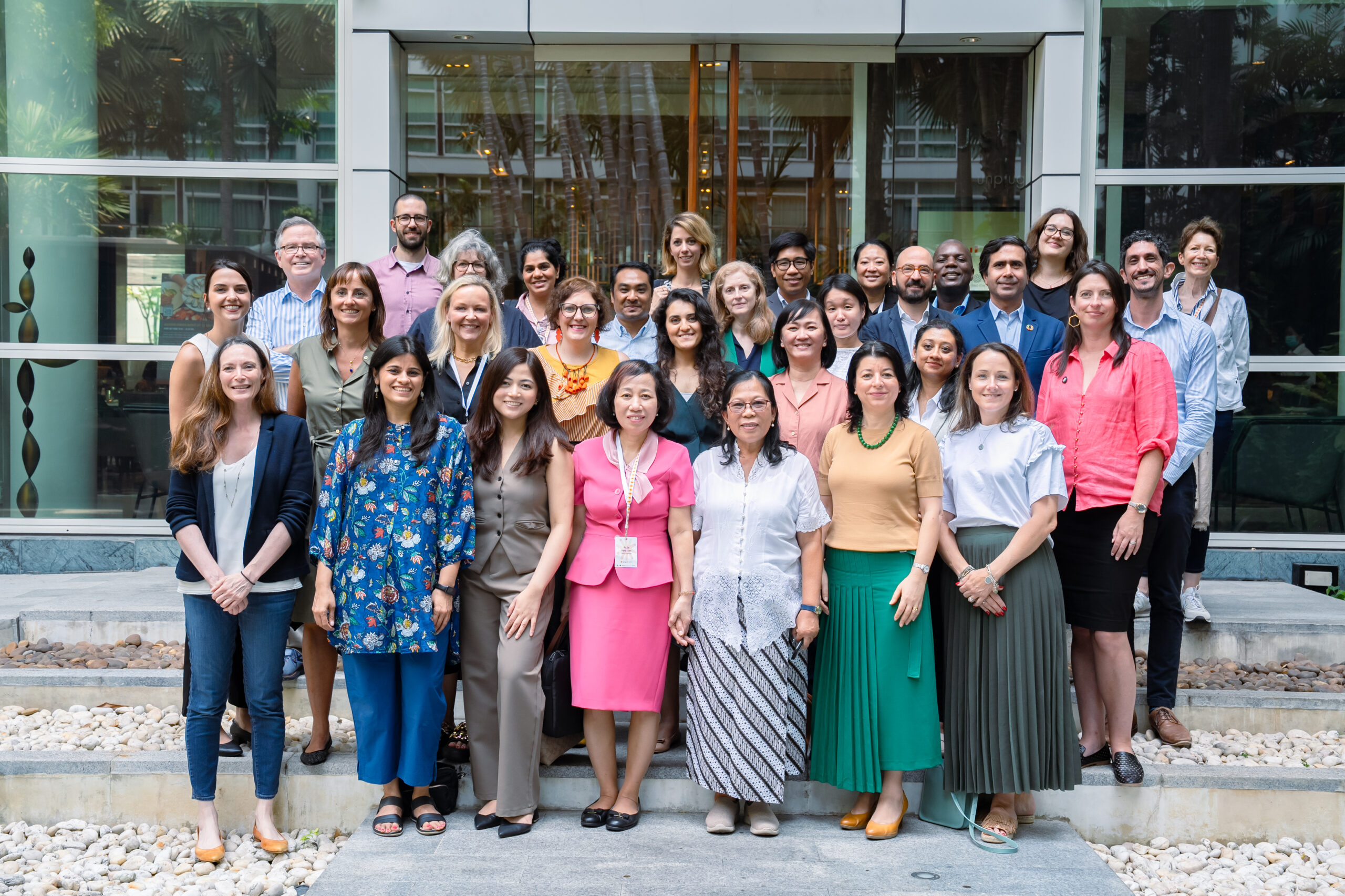
Safe Online Regional Network Forum in Southeast Asia and Pacific
Representatives of 21 Safe Online grants across Southeast Asia and the Pacific had the opportunity to meet face-to-face in Bangkok, Thailand this week in an important moment of reflection and learning. Participants represented ongoing projects in eight countries (Australia, Cambodia, Indonesia, Malaysia, New Zealand, Thailand, The Philippines and Viet Nam) and organisations including 11 NGOs, UNICEF Country Offices, academic institutions and a private company.
The forum was an open space for Safe Online grantees to cross-pollinate between their project and to:
- Share knowledge, new trends, best practices and approaches to end online CSEA.
- Identify pressing and challenging issues along with strategic needs and opportunities.
- Network to build working relationships between grantees and foster future collaboration.
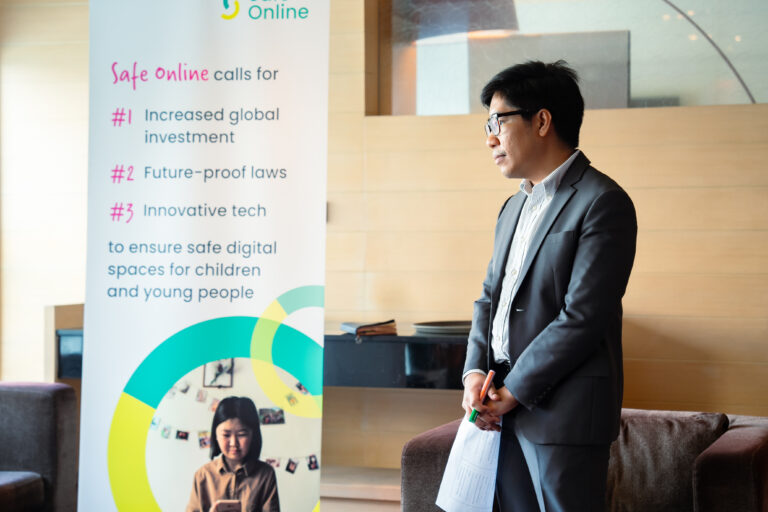
Highlights of the day
The day was packed with a range of presentations and panel discussions involving grantees as well as enthusiastic group discussion sessions that covered a range of critical issues that occur in the complex work of addressing technology-facilitated child sexual exploitation and abuse (CSEA) across the region.
The first session invited those present to undertake a rapid mapping of trends, threat and solutions across their work and contexts. Groups explored CSEA in relation to offenders, deterrents, and help-seeking. As one participant observed, ‘The offenders are way faster than us.’ Taking the time to pause, convene, and reflect is therefore crucial for advocates and programmers addressing the challenges faced in our work.
The second session was an opportunity for grantees to showcase the current data ecosystem, and how data intersects with other components including technology tools to tackle CESA at all stages of project lifecycles. Highlighted examples demonstrated the importance of data security and protection – especially given the highly vulnerable nature of the data gathered from victims of CSEA.
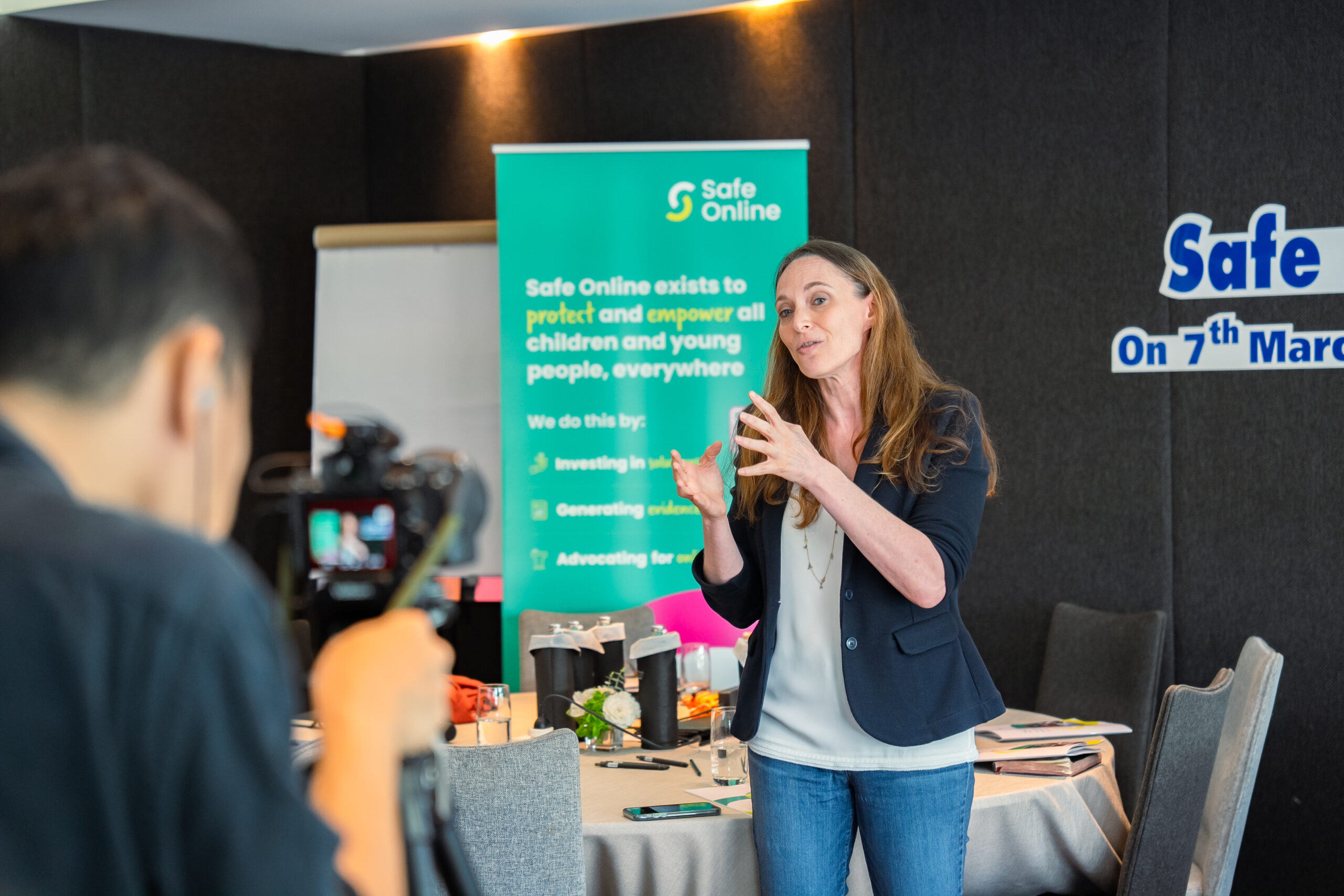
After lunch attention turned to the narratives that we encounter, and use, in our work regarding CSEA. Sometimes we fall into these narratives without explicit consideration, yet carefully constructed narratives can be harnessed for powerful advocacy. Examples of taking existing narratives and challenging, adapting and using them to progress important conversations were shared. As one participant said in summary of this session:
“It was a humbling experience to realize that we have lots of narratives about victims but struggled to find common narratives to describe offenders. Maybe it’s time to shift the public focus on CSEA towards the offenders?”
In the final session of the day, a panel of grantees shared some innovative strategies and approaches – as well as some great examples – of unlocking evidence generation about technology facilitated CSEA. Unsurprisingly, methodologies that come from the context and fit what is right for the project have the greatest impact. One panel member shared a guiding principles for data they sought:
“If the piece of data hits you it should be memorable. It should stick with you. It should drive you towards some change or action.”
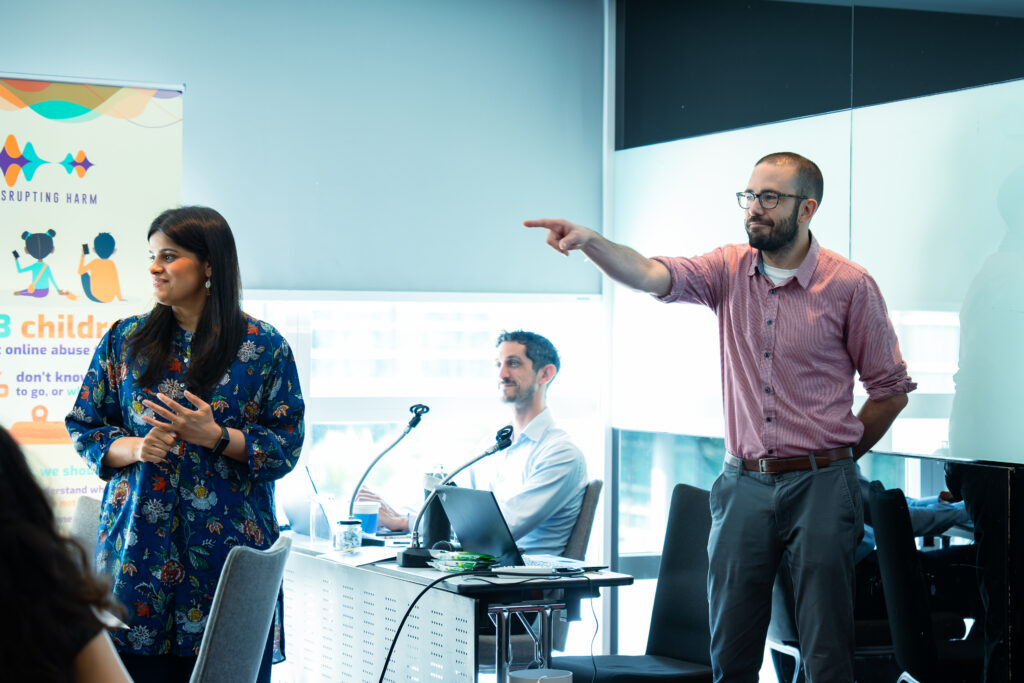
Images: ECPAT International
See more stories from our family of grantees
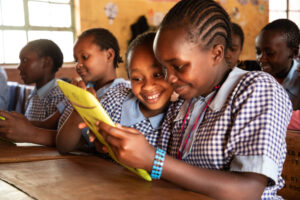
Safe Online Progress Snapshot 2023
The challenges to children’s online safety have never been more significant, and demand an unprecedented response. Our work, now more critical than ever, has risen to meet these challenges. From strategic investments to critical research and advocacy, Safe Online has been at the frontline of the battle to tackle online child sexual exploitation and abuse.

Call to Action: A digital world safe for every child
Safe Online joins survivors, allies and global child protection organisations to call upon all States, the tech industry and other relevant stakeholders to prevent and end the sexual exploitation and abuse of children online and create a safer digital future for every child.

Learning, Networking And Visioning A Safe Digital Future:
On 30-31 May 2022, End Violence’s Safe Online initiative brought together over 40 grantees and partners from across the world alongside donors, and industry representatives from the Tech Coalition in a unique opportunity aligned around a common vision to end online child sexual exploitation and abuse (CSEA).
